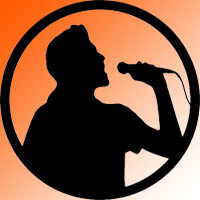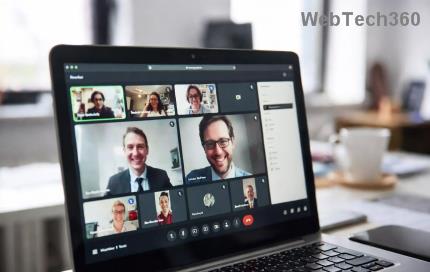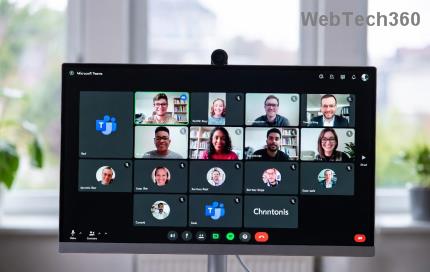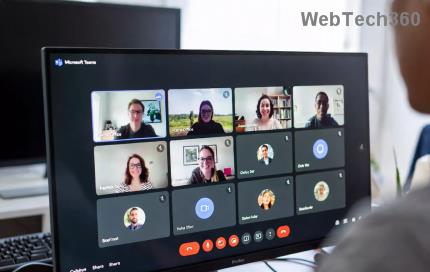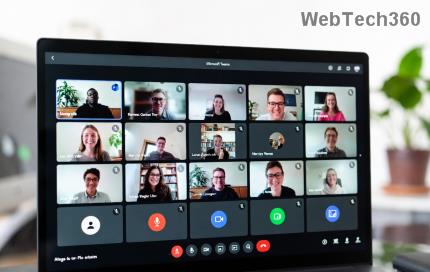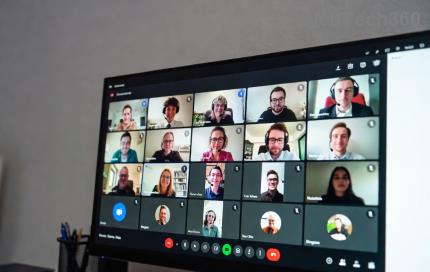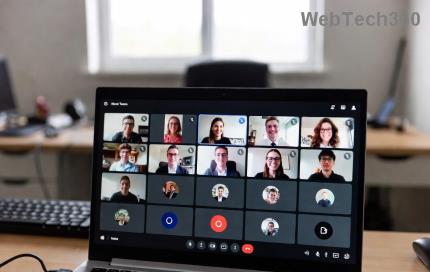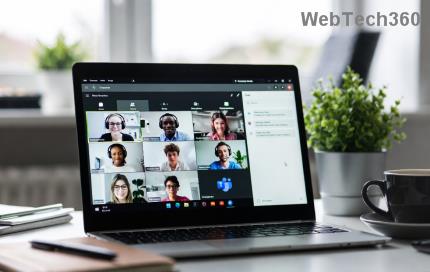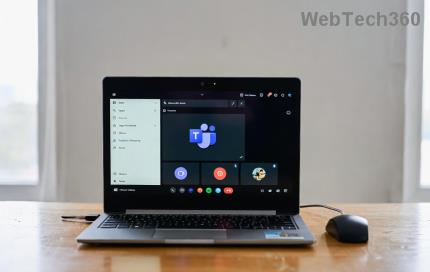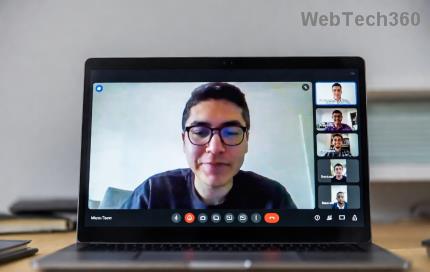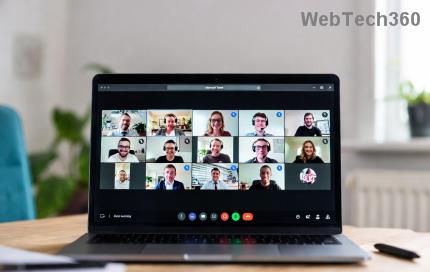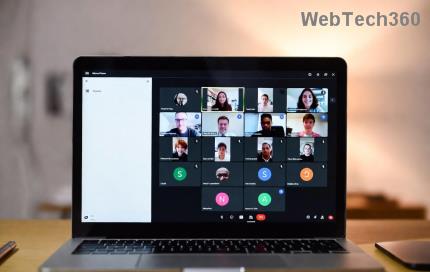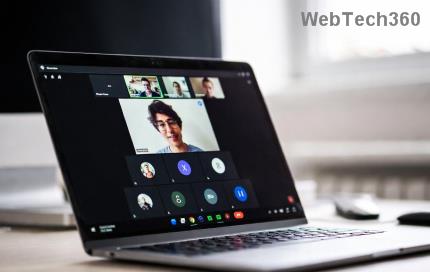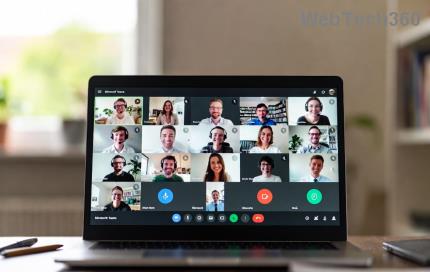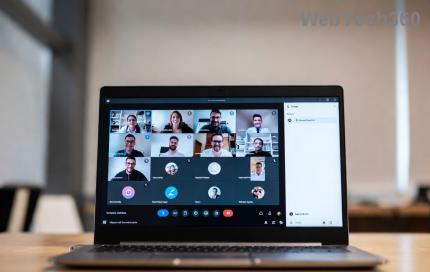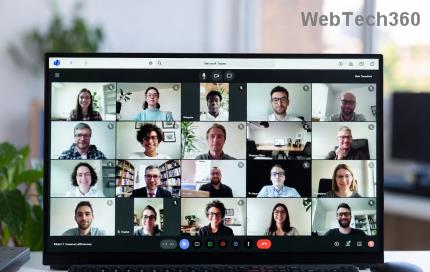Who invented karaoke is a question that many people are interested in. If you are one of them, let's find out together!
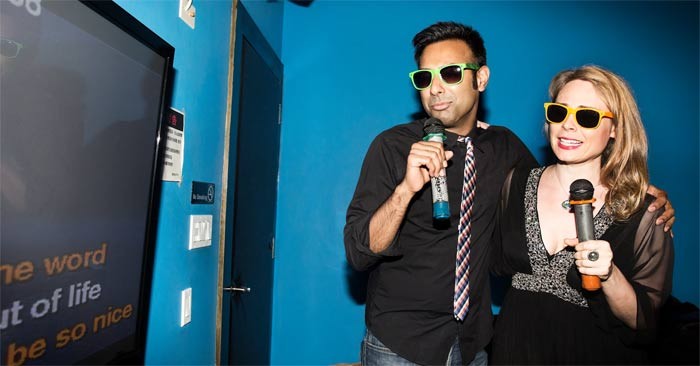
Although you may have heard, karaoke is not Japanese for “tone deaf,” as many people think. It’s a combination of the Japanese word kara, meaning “empty,” and oke, a shortened form of okesutora, meaning “orchestra.” But who came up with this interesting concept?
Shigeichi Negishi's Sparko Box
The story of karaoke begins in the late 1960s in Japan with a man named Shigeichi Negishi. He owned Nichiden Kogyo, a company that manufactured 8-track players, and one day he was singing along to a radio show called “Pop Songs Without Lyrics” at the end of the workday. An engineer noticed this and gently teased his boss—and Negishi had an idea. “I asked him, ‘Can we connect a microphone to one of these tape recorders so we can hear ourselves singing on a recording of Pop Songs Without Lyrics?’” Negishi recalled in 2020. “ ‘Easy peasy, boss,’ he said.” A machine was on his desk just three days later. Negishi took the device, which he called the “Sparko Box,” home to his family and knew he had a hit on his hands.
At the time, the word karaoke was already in use—it was an industry term for backing tapes that performers would sing along to when they couldn't bring a full band or orchestra. Negishi sought a distributor for his machine, which came with booklets of lyrics.
Unfortunately, guitarists (who dominated the sing-along market at the time) liked to hop from bar to bar, which almost killed the karaoke premise—the Sparko box. Negishi said that bar owners rejected his Sparko box. Wherever it was placed, musicians forced the owners to take it away. The product was never patented.
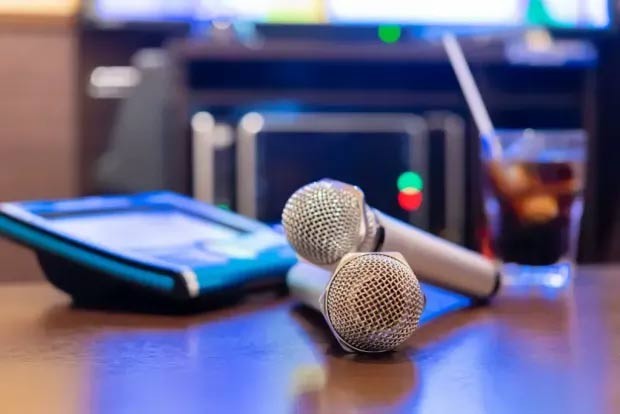
Daisuke Inoue appears
In 1971, musician Daisuke Inoue invented the karaoke machine himself. At the time, he was living in Kobe and playing drums in a band that would accompany bar patrons when they wanted to sing. He told a reporter for The Guardian that he was a terrible musician, so he created a machine to play music instead when he didn’t want to (or couldn’t). Daisuke Inoue built 11 machines and rented them out to local businesses.
The machine was a success, and soon other companies began making them. By the 1980s, karaoke was everywhere in Japan. According to Forbes, the first American karaoke bar opened in Los Angeles in 1982. By 2003—the first year of the World Karaoke Championship, which featured seven countries— karaoke had become a worldwide phenomenon .
